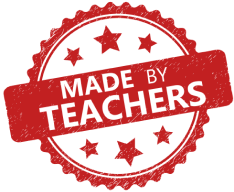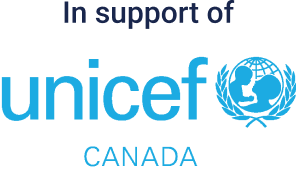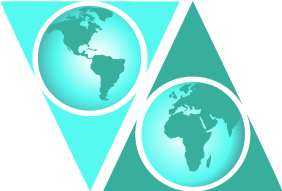What is Colonization? (5-6)
This is the grade 5-6 version of this lesson. KBI has a variety of Indigenous governance lessons for grades 4-9, all written and reviewed by Indigenous collaborators.
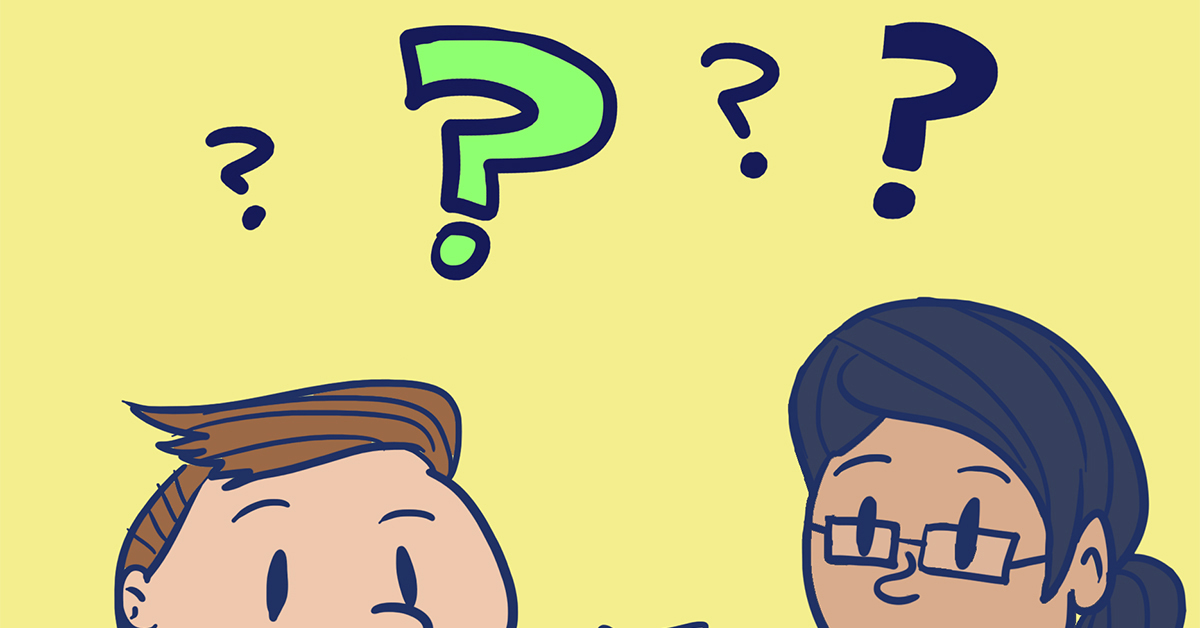
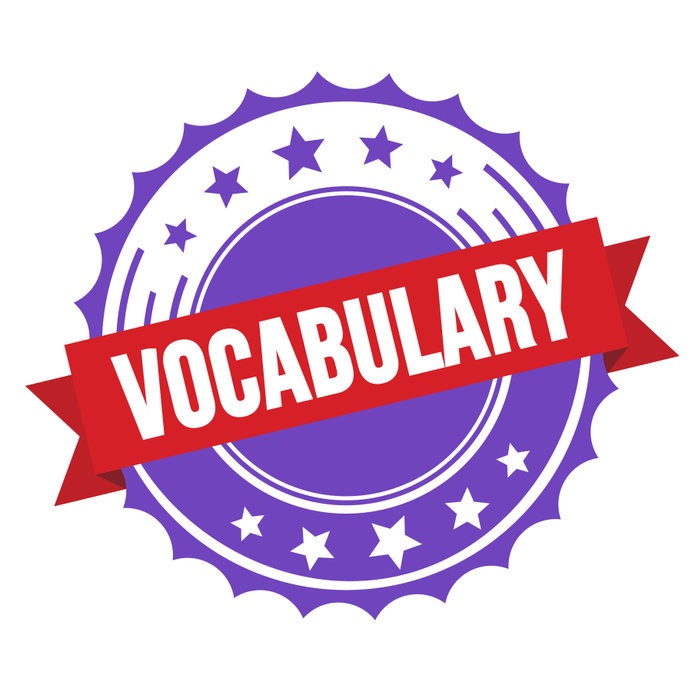
Let’s learn some terms and important ideas for this lesson.
Here is some vocabulary that will help you.
- Rational
-
rational
Sound out the word:
rash-nuhl
Rational means being sensible, using facts or reason rather than emotions or feelings.
Example of rational
After losing my bag, the rational thing to do was retrace my steps to see if I could find it.

Good learning. Onto the next one.
- Rationalize
-
rationalize
Sound out the word:
rash-nuh-lyz
To rationalize means to create a reason, explanation, or excuse for something.
People can rationalize (make excuses for) their bad behaviour.
Example of rationalizing
I rationalized that it wasn’t my fault that I knocked you over with my skateboard. You shouldn’t have been walking on the sidewalk.

Good learning.
![]() If you'd like to have someone read this section for you, click play below.
If you'd like to have someone read this section for you, click play below.
When Europeans came to Turtle Island, and when Canada was created in 1867, Indigenous and European people saw the world very differently.
In many ways, their worldviews and values were unique from one another. This affected how they treated one another.
Natural Resources |
|
|---|---|
Indigenous |
Europeans |
|
|
Treaties |
|
|---|---|
Indigenous |
Europeans |
|
|
Women's Roles |
|
|---|---|
Indigenous |
Europeans |
|
|
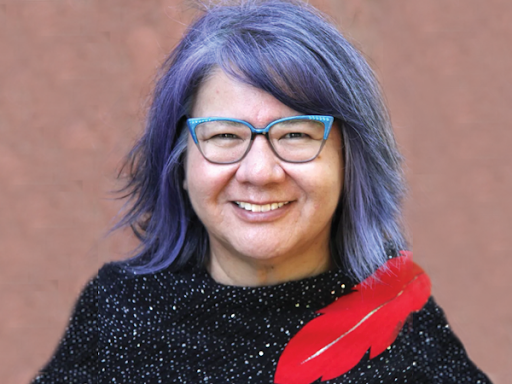
Today, women play important roles in Indigenous leadership. RoseAnne Archibald was elected the first female national Chief in Canada in 2021.
Land and Power |
|
|---|---|
Indigenous |
Europeans |
|
|
Communities |
|
|---|---|
Indigenous |
Europeans |
|
|
Colonization
When Europeans arrived on Turtle Island, they quickly began to colonize it.
Colonizing Turtle Island meant Europeans tried to control:
- Community customs and languages
- Governments
- Economy (resources)
The goal of the Spanish, British, and French settlers was the same: to control the people and the land of Turtle Island.
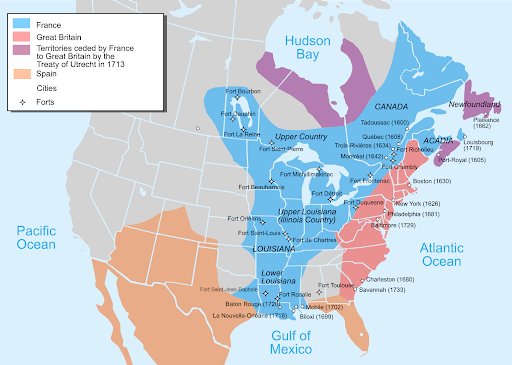
This map shows the 3 main colonizing countries of Turtle Island (North America), French (blue), British (pink), and Spanish (orange). When the Europeans arrived, there were hundreds of Indigenous Nations living on Turtle Island from time immemorial. They are not shown on this map.
The Europeans believed that they were the most advanced, impressive cultures.
Colonization is not about rational (reasonable, logical) thought.
Colonization is about rationalizing (excusing) racism and greed.
This European painting shows how they viewed conquering Mexico.
In the background, you can see the large cities of the Aztecs.
Light and dark have been used to show good and bad. The artist painted the Spanish in the light, and the Aztecs are in the shadows. This shows us that the Spanish thought they were right to attack and conquer.
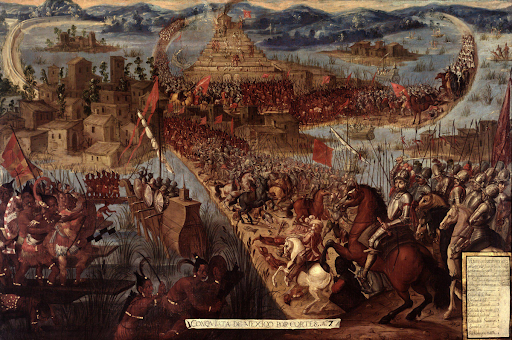
The Europeans started to force their beliefs and ways of doing things on the Indigenous Peoples. They tried to:
- Convert them to their religion
- Make them speak their languages
- Change their way of life (where and how they lived)
The British, French, and later the Canadian governments began making laws to make it harder for Indigenous Peoples to live the way they had for thousands of years.
For example:
- Banning their traditional ceremonies that are important to their cultural identity
- Refusing to recognize the role of women in governance and economics
- Forcing Indigenous Nations to change their system of leadership
- Controlling the land and resources
- Not recognizing family systems that include community relations
- For example, members of a family could help by raising children from another family
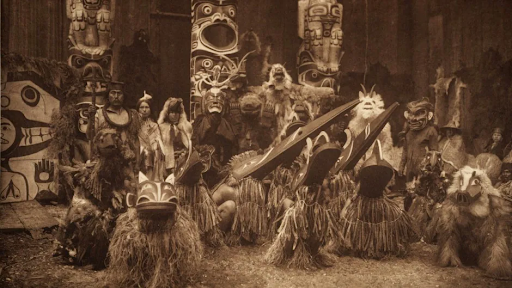
The potlatch was an important community event on the west coast of Turtle Island to celebrate social (marriages, naming), and political (choosing a Chief), and economic (share resources) events. When potlatches were banned from 1884 to 1951, the events were held in secret, despite sometimes being broken up by police raids.
Try this activity:
![]() If you'd like to have someone read this section for you, click play below.
If you'd like to have someone read this section for you, click play below.
The governments worked hard to make sure Indigenous Peoples were treated as outsiders on their own land.
Despite this unfair treatment and colonization, Indigenous Peoples have been resilient. Indigenous Peoples and their cultures have survived.
Sacred ceremonies like the potlatch and dances were held in secret. Elders and Knowledge Keepers carefully shared traditional knowledge and stories with younger generations.
Through determination, Indigenous Peoples keep their languages and customs alive for future generations to follow.
- Author
-
Greg Pruden
After receiving a Bachelor of Education from the University of Manitoba in 1989 (majors in English and French, minor in Native Studies), I spent 30 years as an educator. For 16 years, I taught various subjects at the secondary level: Language Arts, History, Social Studies, French, Art, and Drama. Then I spent many years as a curriculum and policy consultant related to First Nations, Métis, and Inuit Perspectives in the Curriculum and Assessment Branch Manitoba Education and Training.
In addition to my professional career, I have worked as a creative writer, focusing on Indigenous, and especially, Métis issues and themes.
With my nephew and creative partner, singer/songwriter/actor Ted Longbottom, I have written over 100 songs, which have been featured in plays and on the radio. Our songs are often performed in schools for both Indigenous and non-Indigenous audiences throughout Manitoba and Saskatchewan, where Ted is an Artist in the Schools. We write these songs to present the history and accomplishments of Indigenous Peoples, to help reconcile Indigenous and other Canadians, and to instill a sense of pride in young Indigenous listeners.
In 2022 I was contracted to collaborate with Kids Boost Immunity in the development of First Nations content for teacher resources to support the Manitoba Social Studies curricula.
To honour the perspectives through a First Nations lens and to be respectful of KBI’s commitment to their online format and to meet grade-level criteria, as well as be relevant across Canada, the lesson was compiled in partnership with the KBI team and their reviewers and collaborators.
All lessons & quizzes are free!
This was just one of the lessons in our Cooperation & Colonization section. There are over 500 lessons on Kids Boost Immunity just like this one on a variety of subjects. Each lesson includes a quiz and every time a student scores 80% or higher on a quiz, we will donate life-saving vaccines to UNICEF Canada. Sign up now!

